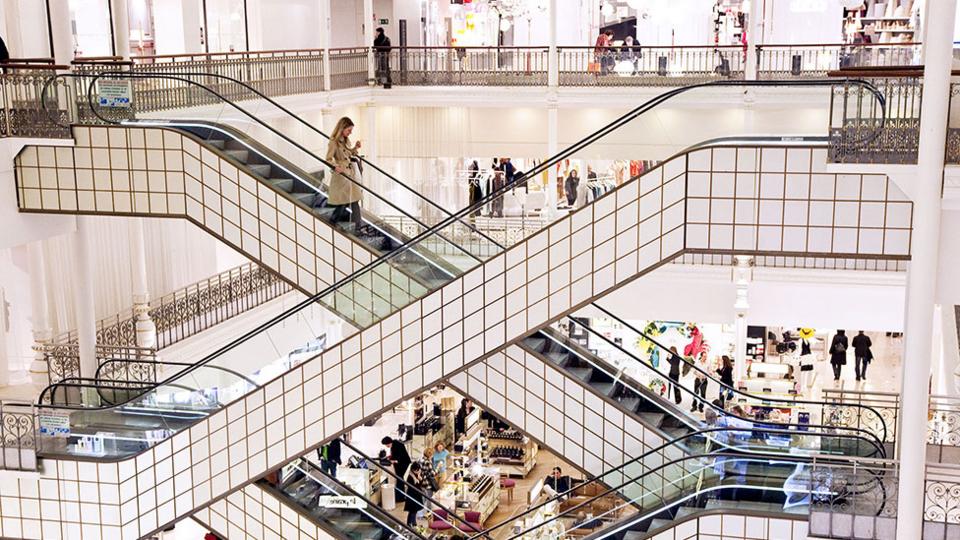You are using an out of date browser. It may not display this or other websites correctly.
You should upgrade or use an alternative browser.
You should upgrade or use an alternative browser.
General / Off-Topic The future of Large retail
- Thread starter starman
- Start date
Certainly linked to the future of the virus and also to global warming.






I think the answer may be to look to how it was done in the past, before it became a case of pile it high and sell it cheap.
More a case of personalised service in which people buying clothes are pampered and made to feel special.
This BBC article talking about Department stores is interesting for me especially the section concerning selfridges and how they built their reputation

 www.bbc.co.uk
www.bbc.co.uk
More a case of personalised service in which people buying clothes are pampered and made to feel special.
This BBC article talking about Department stores is interesting for me especially the section concerning selfridges and how they built their reputation

A history of the department store
From Victorian London to Soviet-era Moscow, department stores have changed the way we shop and influenced culture around the world, writes Jonathan Glancey.
I think the answer may be to look to how it was done in the past, before it became a case of pile it high and sell it cheap.
More a case of personalised service in which people buying clothes are pampered and made to feel special.
This BBC article talking about Department stores is interesting for me especially the section concerning selfridges and how they built their reputation

A history of the department store
From Victorian London to Soviet-era Moscow, department stores have changed the way we shop and influenced culture around the world, writes Jonathan Glancey.www.bbc.co.uk
Like the dinosaurs they didn't adapt to changing environment so became extinct.
In France, Large retail are less successful because people prefer to go back to small surfaces, more human.
In addition, a new law will limit the concreting of large commercial surfaces to preserve the environment.








In addition, a new law will limit the concreting of large commercial surfaces to preserve the environment.
For Debenhams in particular, thing's aren't looking good as the whole group is in administration and they have shed 20 stores in the last few weeks. To be honest a lot of large High street retailers were not in the best of shape before Covid . The pandemic has to some extent accelerated the move to online for many things. It has forced many of the older customers who were sufficiently tech savvy to use the internet but scared by horror stories of online scams to overcome their fears. Those retailers that adapt and provide a good reason to physically visit them will have a better chance of survival than those that don't
Online commerce is the future.For Debenhams in particular, thing's aren't looking good as the whole group is in administration and they have shed 20 stores in the last few weeks. To be honest a lot of large High street retailers were not in the best of shape before Covid . The pandemic has to some extent accelerated the move to online for many things. It has forced many of the older customers who were sufficiently tech savvy to use the internet but scared by horror stories of online scams to overcome their fears. Those retailers that adapt and provide a good reason to physically visit them will have a better chance of survival than those that don't
And deliveries to collection points too.
Avoiding home deliveries when possible is the best solution.
Online commerce + delivery to a pick-up point is good for the environment.
In France, Large retail are less successful because people prefer to go back to small surfaces, more human.
In addition, a new law will limit the concreting of large commercial surfaces to preserve the environment.








The Specialist boutique making a comeback is a good thing, as it allows independent and potentially local retailers to enter the market as was the case long ago.
Yes for the basic products, the localization is the best solution for the environment and also for the local economy.The Specialist boutique making a comeback is a good thing, as it allows independent and potentially local retailers to enter the market as was the case long ago.
